OVERCOMING JAPAN’S EXPORT RESTRICTIONS
입력 2022.07.05 (15:04)
수정 2022.07.05 (16:48)
읽어주기 기능은 크롬기반의
브라우저에서만 사용하실 수 있습니다.
[Anchor Lead]
Japan imposed export restrictions on semiconductor materials to Korea three years ago. It was the Japanese government's retaliation for a Korean court ruling ordering compensation for Korean victims of forced wartime labor. Korean firms managed to alleviate some of the struggle by reducing their dependence on Japanese suppliers. But there is still some ways to go.
[Pkg]
Three years ago, the Japanese government imposed restrictions on semiconductor materials exported to Korea.
[Soundbite] Yoshihide Suga(Then-Chief Cabinet Secretary(July 2019)) : "We were compelled to enforce this measure because Korea failed to present satisfactory solutions to the forced labor issue by the G20 Summit."
It was Japan's retaliation for a Korean court's ruling that ordered compensations for the Korean victims of forced wartime labor. The Korean government filed a suit against Japan with the World Trade Organization. Korean firms worked on becoming self-sufficient in materials, components and equipment with high dependency on Japan. The import amount of Japanese hydrogen fluoride over the past three years, up until May, fell to less than one-fifth of the amount immediately before the export restriction. The dependence on Japan for EUV photoresist, a key material for chips, fell from more than 90% before the restriction to lower than 50%. Korea's independence in materials, parts and equipment has been achieved to a degree. But Japan hasn't lifted any of the restrictions. Meanwhile, a Japanese business delegation visiting Korea met with President Yoon Suk-yeol. He said the two countries should combine their strengths and wisdom to forge a future-oriented partnership. Earlier, business leaders of Korea and Japan met for the first time in three years and adopted a joint declaration that vowed to inherit the spirit of a 1998 Kim Dae-jung and Keizo Obuchi Declaration aimed at improving bilateral relations.
[Soundbite] Huh Chang-soo(Chair, Federation of Korean Industries) : "We hope that a Korea-Japan summit would take place soon so that all economicissues, including the removal of export restrictions and resumption of a bilateral currency swap accord, would be resolved."
The two countries appear to be ready to engage in more exchanges, judging from the recent reopening of the Gimpo-Haneda air route. But some Koreans are calling for Japan's sincere apology first.
Japan imposed export restrictions on semiconductor materials to Korea three years ago. It was the Japanese government's retaliation for a Korean court ruling ordering compensation for Korean victims of forced wartime labor. Korean firms managed to alleviate some of the struggle by reducing their dependence on Japanese suppliers. But there is still some ways to go.
[Pkg]
Three years ago, the Japanese government imposed restrictions on semiconductor materials exported to Korea.
[Soundbite] Yoshihide Suga(Then-Chief Cabinet Secretary(July 2019)) : "We were compelled to enforce this measure because Korea failed to present satisfactory solutions to the forced labor issue by the G20 Summit."
It was Japan's retaliation for a Korean court's ruling that ordered compensations for the Korean victims of forced wartime labor. The Korean government filed a suit against Japan with the World Trade Organization. Korean firms worked on becoming self-sufficient in materials, components and equipment with high dependency on Japan. The import amount of Japanese hydrogen fluoride over the past three years, up until May, fell to less than one-fifth of the amount immediately before the export restriction. The dependence on Japan for EUV photoresist, a key material for chips, fell from more than 90% before the restriction to lower than 50%. Korea's independence in materials, parts and equipment has been achieved to a degree. But Japan hasn't lifted any of the restrictions. Meanwhile, a Japanese business delegation visiting Korea met with President Yoon Suk-yeol. He said the two countries should combine their strengths and wisdom to forge a future-oriented partnership. Earlier, business leaders of Korea and Japan met for the first time in three years and adopted a joint declaration that vowed to inherit the spirit of a 1998 Kim Dae-jung and Keizo Obuchi Declaration aimed at improving bilateral relations.
[Soundbite] Huh Chang-soo(Chair, Federation of Korean Industries) : "We hope that a Korea-Japan summit would take place soon so that all economicissues, including the removal of export restrictions and resumption of a bilateral currency swap accord, would be resolved."
The two countries appear to be ready to engage in more exchanges, judging from the recent reopening of the Gimpo-Haneda air route. But some Koreans are calling for Japan's sincere apology first.
■ 제보하기
▷ 카카오톡 : 'KBS제보' 검색, 채널 추가
▷ 전화 : 02-781-1234, 4444
▷ 이메일 : kbs1234@kbs.co.kr
▷ 유튜브, 네이버, 카카오에서도 KBS뉴스를 구독해주세요!
- OVERCOMING JAPAN’S EXPORT RESTRICTIONS
-
- 입력 2022-07-05 15:04:39
- 수정2022-07-05 16:48:13
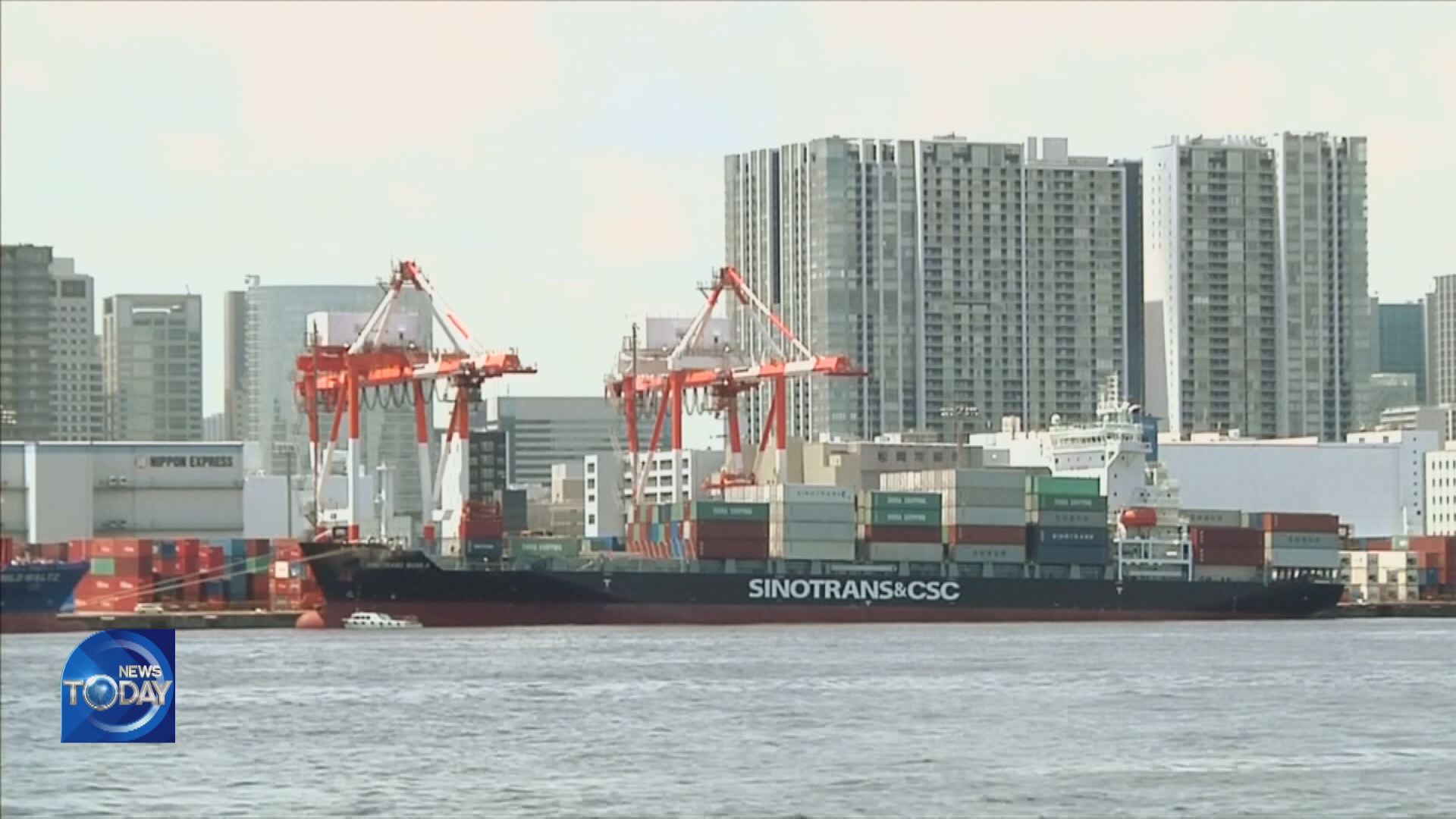
[Anchor Lead]
Japan imposed export restrictions on semiconductor materials to Korea three years ago. It was the Japanese government's retaliation for a Korean court ruling ordering compensation for Korean victims of forced wartime labor. Korean firms managed to alleviate some of the struggle by reducing their dependence on Japanese suppliers. But there is still some ways to go.
[Pkg]
Three years ago, the Japanese government imposed restrictions on semiconductor materials exported to Korea.
[Soundbite] Yoshihide Suga(Then-Chief Cabinet Secretary(July 2019)) : "We were compelled to enforce this measure because Korea failed to present satisfactory solutions to the forced labor issue by the G20 Summit."
It was Japan's retaliation for a Korean court's ruling that ordered compensations for the Korean victims of forced wartime labor. The Korean government filed a suit against Japan with the World Trade Organization. Korean firms worked on becoming self-sufficient in materials, components and equipment with high dependency on Japan. The import amount of Japanese hydrogen fluoride over the past three years, up until May, fell to less than one-fifth of the amount immediately before the export restriction. The dependence on Japan for EUV photoresist, a key material for chips, fell from more than 90% before the restriction to lower than 50%. Korea's independence in materials, parts and equipment has been achieved to a degree. But Japan hasn't lifted any of the restrictions. Meanwhile, a Japanese business delegation visiting Korea met with President Yoon Suk-yeol. He said the two countries should combine their strengths and wisdom to forge a future-oriented partnership. Earlier, business leaders of Korea and Japan met for the first time in three years and adopted a joint declaration that vowed to inherit the spirit of a 1998 Kim Dae-jung and Keizo Obuchi Declaration aimed at improving bilateral relations.
[Soundbite] Huh Chang-soo(Chair, Federation of Korean Industries) : "We hope that a Korea-Japan summit would take place soon so that all economicissues, including the removal of export restrictions and resumption of a bilateral currency swap accord, would be resolved."
The two countries appear to be ready to engage in more exchanges, judging from the recent reopening of the Gimpo-Haneda air route. But some Koreans are calling for Japan's sincere apology first.
Japan imposed export restrictions on semiconductor materials to Korea three years ago. It was the Japanese government's retaliation for a Korean court ruling ordering compensation for Korean victims of forced wartime labor. Korean firms managed to alleviate some of the struggle by reducing their dependence on Japanese suppliers. But there is still some ways to go.
[Pkg]
Three years ago, the Japanese government imposed restrictions on semiconductor materials exported to Korea.
[Soundbite] Yoshihide Suga(Then-Chief Cabinet Secretary(July 2019)) : "We were compelled to enforce this measure because Korea failed to present satisfactory solutions to the forced labor issue by the G20 Summit."
It was Japan's retaliation for a Korean court's ruling that ordered compensations for the Korean victims of forced wartime labor. The Korean government filed a suit against Japan with the World Trade Organization. Korean firms worked on becoming self-sufficient in materials, components and equipment with high dependency on Japan. The import amount of Japanese hydrogen fluoride over the past three years, up until May, fell to less than one-fifth of the amount immediately before the export restriction. The dependence on Japan for EUV photoresist, a key material for chips, fell from more than 90% before the restriction to lower than 50%. Korea's independence in materials, parts and equipment has been achieved to a degree. But Japan hasn't lifted any of the restrictions. Meanwhile, a Japanese business delegation visiting Korea met with President Yoon Suk-yeol. He said the two countries should combine their strengths and wisdom to forge a future-oriented partnership. Earlier, business leaders of Korea and Japan met for the first time in three years and adopted a joint declaration that vowed to inherit the spirit of a 1998 Kim Dae-jung and Keizo Obuchi Declaration aimed at improving bilateral relations.
[Soundbite] Huh Chang-soo(Chair, Federation of Korean Industries) : "We hope that a Korea-Japan summit would take place soon so that all economicissues, including the removal of export restrictions and resumption of a bilateral currency swap accord, would be resolved."
The two countries appear to be ready to engage in more exchanges, judging from the recent reopening of the Gimpo-Haneda air route. But some Koreans are calling for Japan's sincere apology first.
이 기사가 좋으셨다면
-
좋아요
0
-
응원해요
0
-
후속 원해요
0










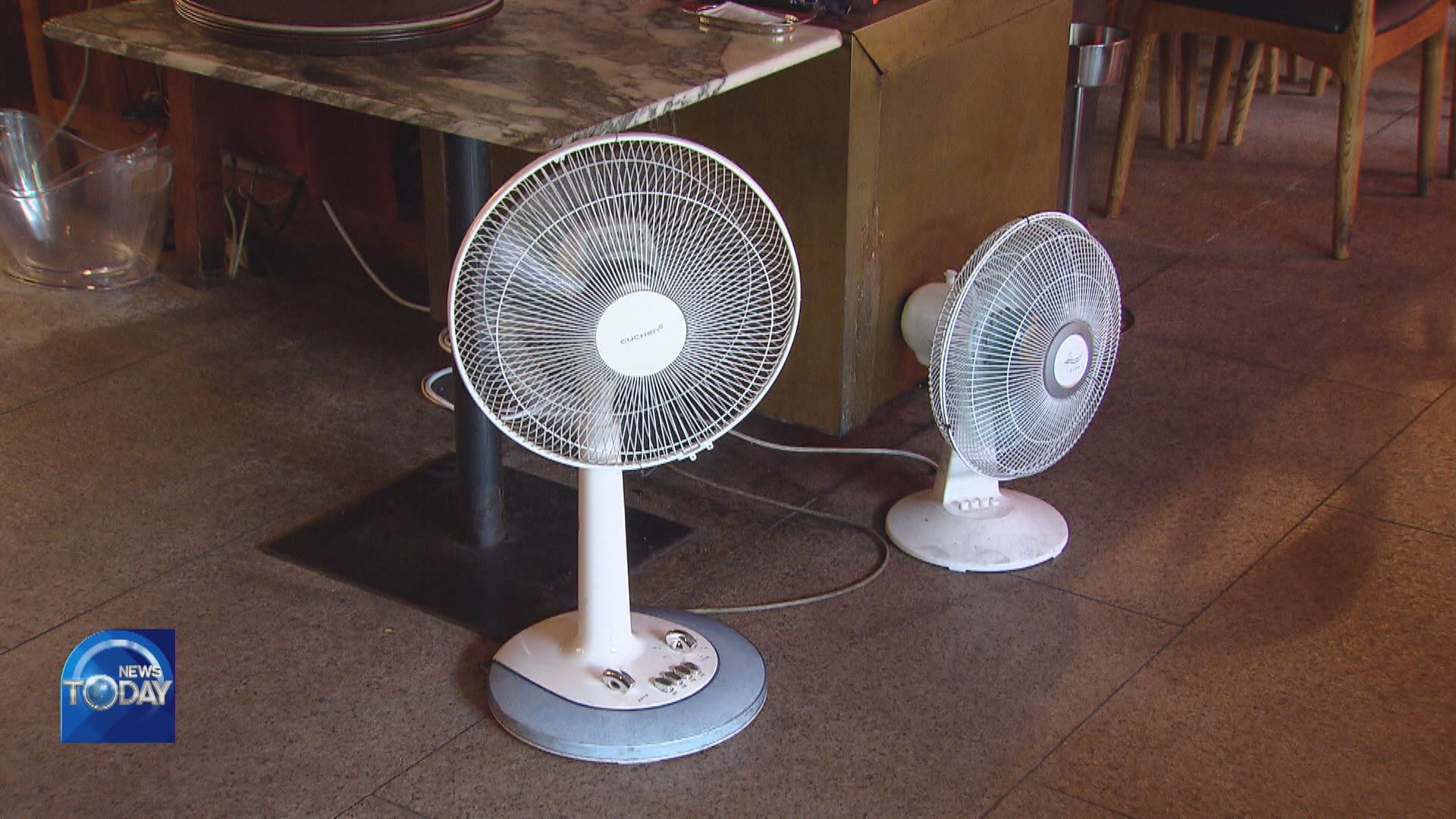
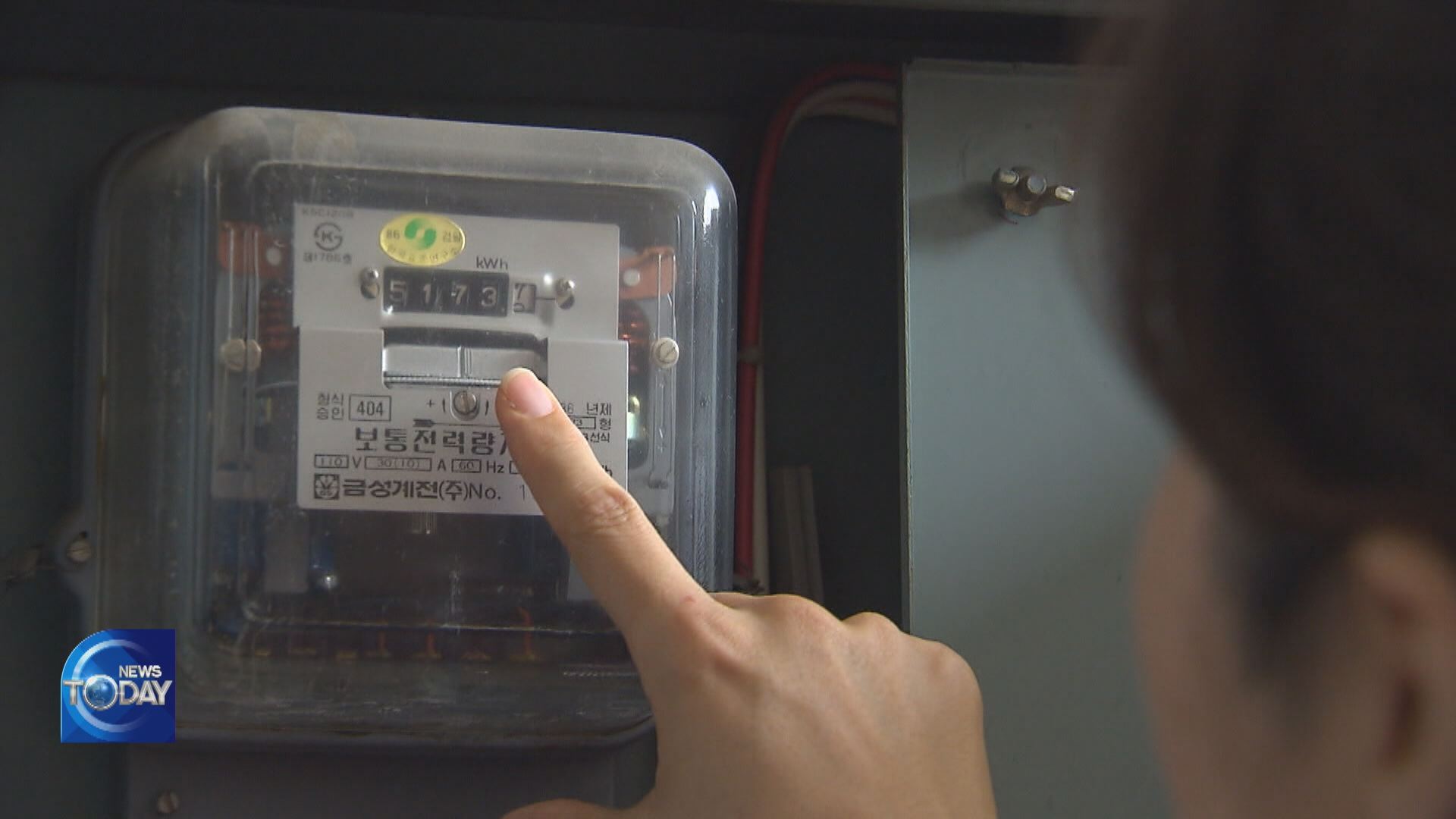
![[단독] 김민석 총리, 취임 첫 일정으로 ‘송미령 반대’ <br>농민단체 농성장 방문](/data/news/2025/07/03/20250703_YUTdgQ.png)
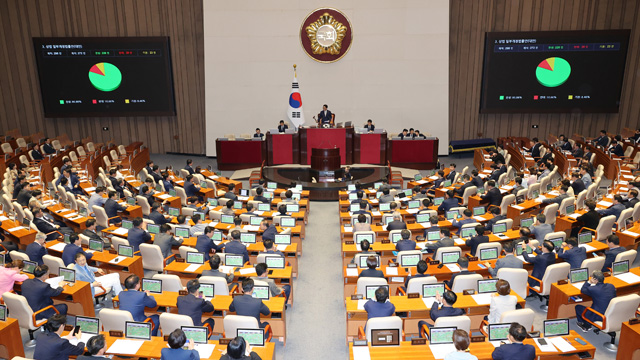
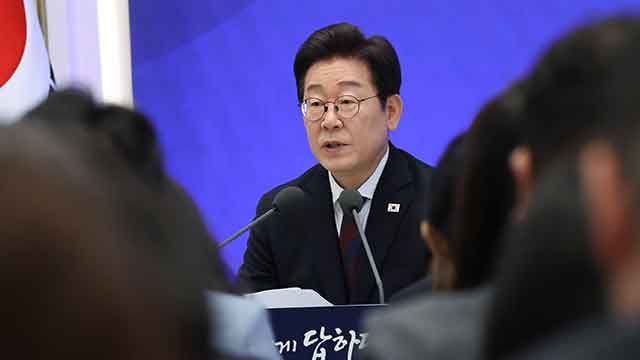
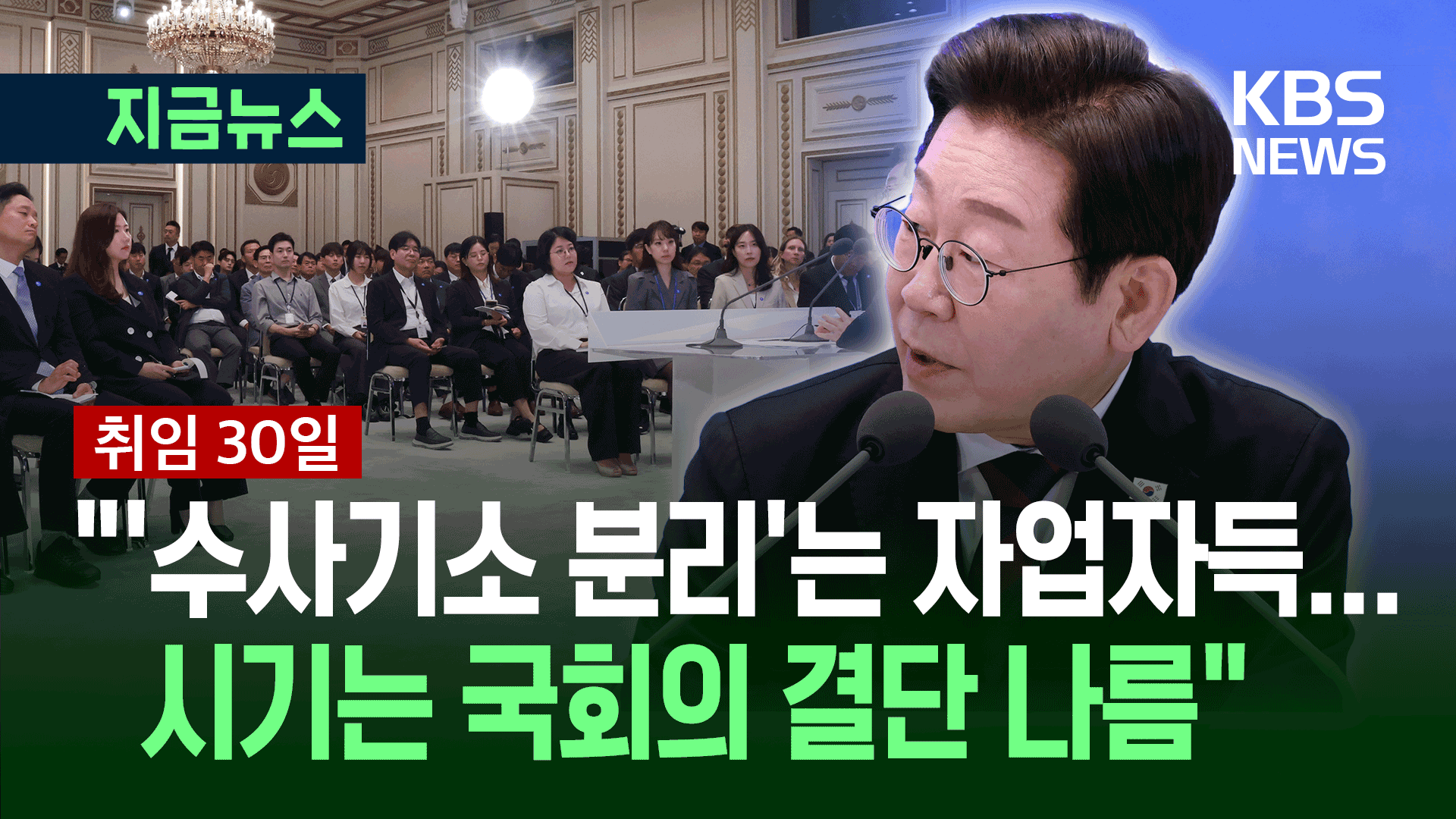

이 기사에 대한 의견을 남겨주세요.